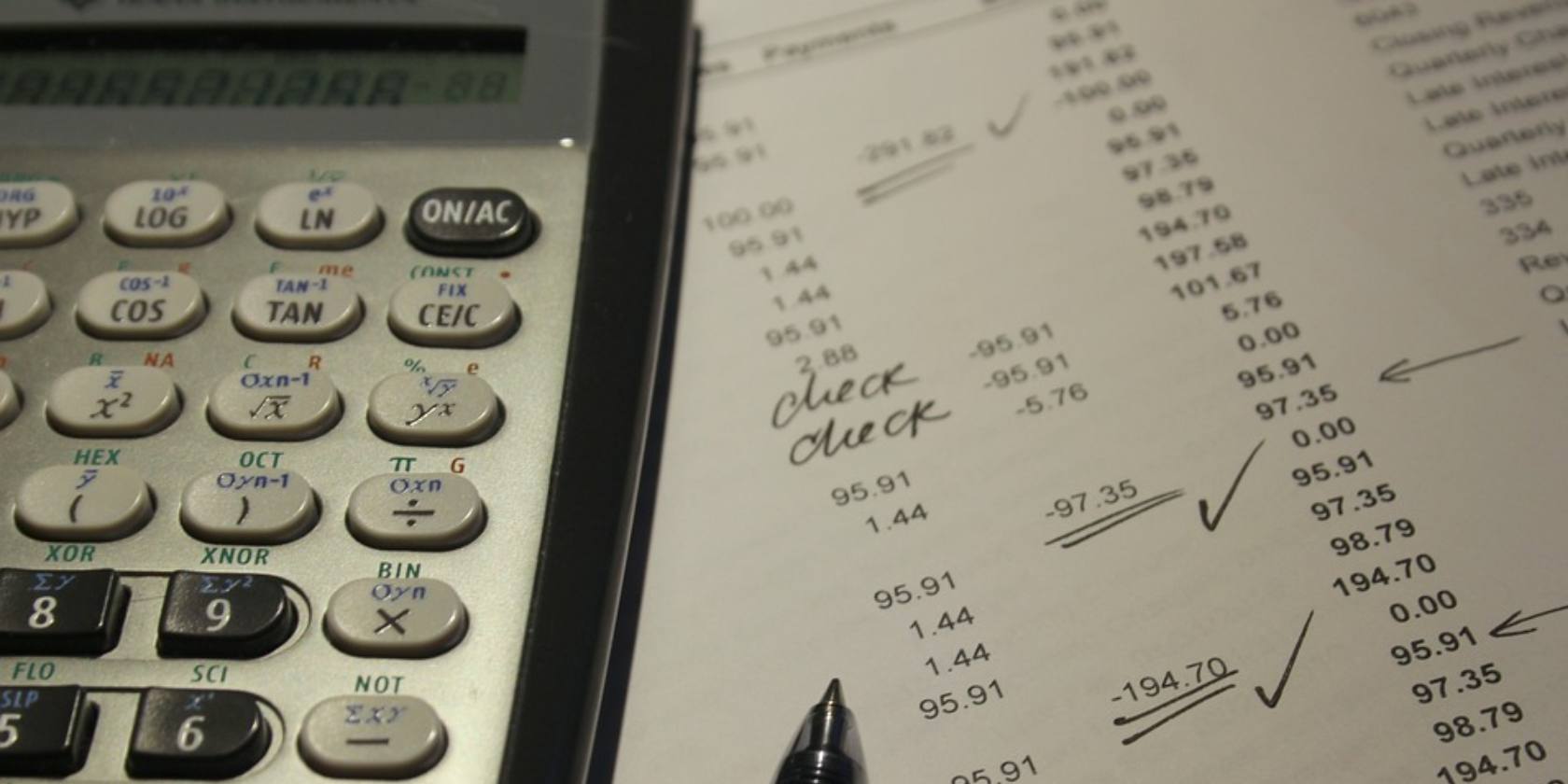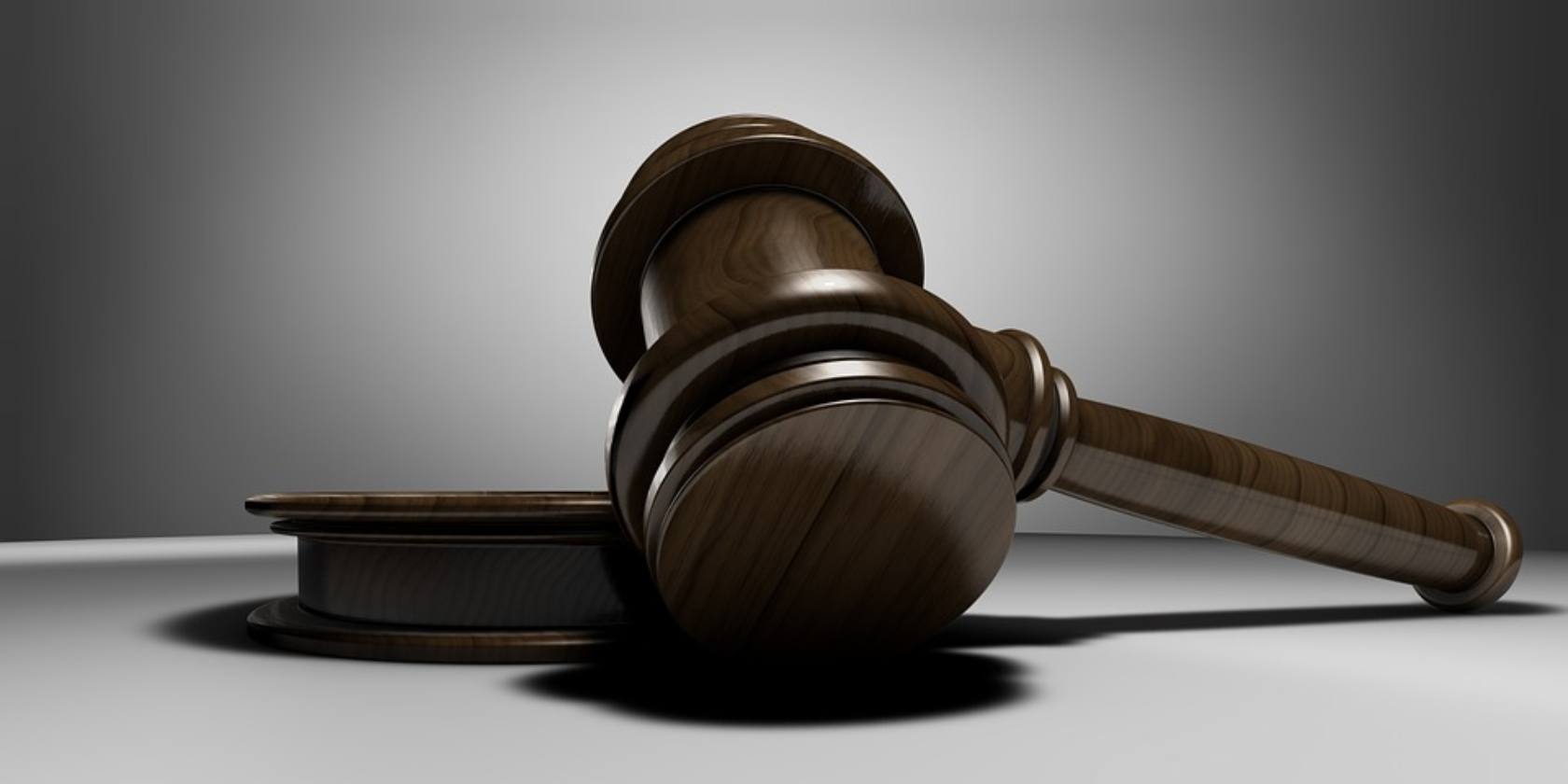As an individual or business owner going through a legal matter, you might wonder whether your lawyer can request your bank statements.
The answer is yes, under certain conditions, and it is crucial to know why and when a lawyer might ask for them.
Why a Lawyer May Request Bank Statements
A lawyer may request bank statements from an individual or business as part of their legal case for several reasons. One of the most common reasons is to investigate and uncover any fraudulent activities that may have occurred.
When a lawsuit involves financial transactions that are questionable, then bank statements can help determine the sources of income, expenses, and other relevant details related to transactions.

Another reason a lawyer might request bank statements is to determine the financial situation of an individual or business. Some legal cases, such as divorce proceedings, require a thorough review of the financial situation of both parties.
Bank statements can help establish a client’s income, expenses, and assets and liabilities, which can aid in determining the outcome of the case.
Furthermore, if a client is involved in a personal injury lawsuit, bank statements can help prove their loss of earnings or lost potential income.
In such cases, a lawyer will request bank statements from the date of the injury to the date of the case’s conclusion to determine the loss of income related to the incident.
A lawyer can also request bank statements to assess the viability of their client’s claims. For example, if a client claims that they cannot afford child support payments, their ex-spouse may request bank statements to prove whether their claims are valid or not.

Additionally, if a client has claimed bankruptcy or is going through a bankruptcy proceeding, then their bankruptcy attorney will request bank statements to present to the courts to assess their financial situation fully.
Overall, bank statements can provide valuable information to a lawyer to build a stronger case and present a clear picture of their client’s financial situation.
As such, it is essential to maintain thorough and accurate financial records, as they can positively impact a legal proceeding’s outcome.
You should also know whether it’s safe to share your bank statements with others, in general.
Can a Lawyer Request Bank Statements?
It is crucial to understand the potential legal implications and consequences of not providing bank statements to your lawyer.
When a lawyer asks for the bank statements, they do so because they need to review the financial details and determine if there is anything incriminating or discrediting to their case.
If you refuse to provide them with bank statements, it could raise red flags, and your lawyer may question your credibility or suspect that you are hiding something.
Furthermore, if you are involved in a legal dispute where financial transactions are involved, the opposing counsel can request access to your bank statements.

If they obtain your bank statements, they may potentially use any information that they find against you, which could significantly harm your case’s outcome.
A refusal to provide bank statements can also lead to legal sanctions. It can result in a judge’s order compelling you to produce the bank documents, and you may have to pay for the costs incurred in the legal proceedings.
Moreover, in some cases, a refusal to produce bank statements could even lead to the case’s dismissal.
On the other hand, sharing your bank statements with your lawyer has its benefits. It can bolster your case by providing your legal team with a more comprehensive understanding of your financial situation.
Bank statements contain essential details that can help prove your claim or refute the opposing side’s accusations.
By providing accurate and complete bank statements, you can also be sure that your legal team has all the necessary information they need to represent you effectively.
Tips to Share Bank Statements With a Lawyer
Sharing bank statements is a delicate matter, and when clients are providing these documents to their lawyer, they should take steps to make sure that the process is secure, and they only share the required information.
Here are some tips on how to share bank statements with a lawyer:
1. Provide Only Relevant Documents
When sharing bank statements with a lawyer, make sure that you provide only the necessary documents related to the legal matter.
Avoid sharing documents that are irrelevant to the case, as it can slow down the legal process and waste your lawyer’s time. For example, you can hide irrelevant PayPal transactions from your bank statements.
2. Redact Sensitive Information
Bank statements can contain sensitive information, such as account numbers, social security numbers, and other personal information.
Before sharing the statements with your lawyer, make sure to black out any information that is not necessary for the legal case. This can help to ensure that your personal information is not compromised.
3. Send Only Through Secure Methods
When sharing bank statements with your lawyer, use secure methods that can protect your data and personal information. Avoid sending them through regular email since it’s not usually secure.
Your lawyer may provide you with a secure online portal where you can upload the documents, or you can provide them in person, if possible.
4. Discuss How They’ll Use Your Bank Statements
It is essential to discuss how your bank statements will be used in your case.
By understanding how your bank statements will be used, you can be assured that your personal information is being used only for legal purposes. Make sure to ask your lawyer to explain how they plan to use the documents before sharing them.
5. Keep a Copy of the Bank Statements
It is always wise to keep a copy of the bank statements that you provided to your lawyer, as it can help you track the information that you shared for future reference.
If you’re a Chime bank customer, it’s relatively easy to get your bank statements from Chime than from other banks.
Sharing Bank Statements With Attorneys
In summary, you should share your bank statements with your lawyer to protect your interests comprehensively. Not sharing them can make you seem uncooperative or suspicious, and worse, it can result in legal consequences.
In contrast, sharing them can help build a stronger case, as well as prevent the opposing side from acquiring them through alternative legal means.
